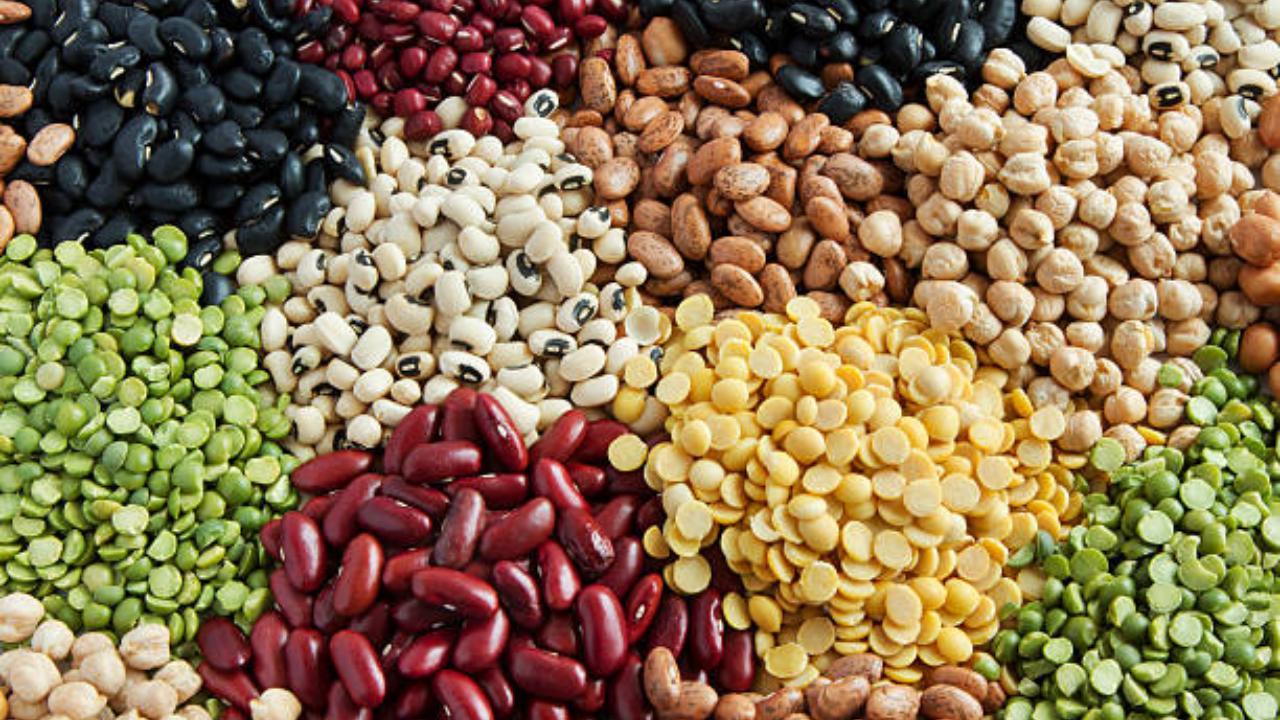Image for representational purposes only (Photo Courtesy: iStock)
Your browser doesn’t support HTML5 audio
Finding it hard to manage your blood sugar levels? Pulses like beans, peas, lentils, and chickpeas can help manage your diabetes, according to a new review of studies on Friday.
Pulses also have positive effects on important cardiovascular biomarkers, like low-density lipoprotein (LDL), also known as bad cholesterol, and high-density lipoprotein (HDL), also known as good cholesterol, revealed the study.
The review, based on 30 articles, contributes to the body of evidence supporting the need for future dietary guidelines and additional research on increasing pulse consumption within optimal dietary patterns.
The most frequently assessed study outcomes included changes in low-density lipoprotein cholesterol, high-density lipoprotein cholesterol, systolic blood pressure, diastolic blood pressure, fasting blood sugar, haemoglobin A1c, waist circumference, and C-reactive protein or high-sensitivity C-reactive protein.
The review, published in the journal Nutrients, points out the “potential role of pulses in maintaining health and preventing chronic disease”, said Taylor C. Wallace, Adjunct Associate Professor in the School of Medicine at George Washington University, US.
It also plays a crucial role in “enhancing long-term health, particularly among individuals with chronic conditions like Type 2 diabetes mellitus and cardiovascular disease”, Taylor added.
Also Read: Beat the stress: Experts share ways to regulate the stress hormone cortisol
Further, the low-fat content and healthy mono- and polyunsaturated fats, along with essential micronutrients and bioactive compounds with antioxidant properties, further establish pulses as a nutritional powerhouse.
Pulses are also an excellent source of plant protein, rich in fibre, folate, and potassium. They also serve as a rich source of minerals like zinc, iron, calcium, and magnesium, and are therefore vital in diets that prioritise plant-based sources of nutrients.
This story has been sourced from a third party syndicated feed, agencies. Mid-day accepts no responsibility or liability for its dependability, trustworthiness, reliability and data of the text. Mid-day management/mid-day.com reserves the sole right to alter, delete or remove (without notice) the content in its absolute discretion for any reason whatsoever

Rohit Malhotra is a medical expert and health journalist who offers evidence-based advice on fitness, nutrition, and mental well-being. His articles aim to help readers lead healthier lives.


